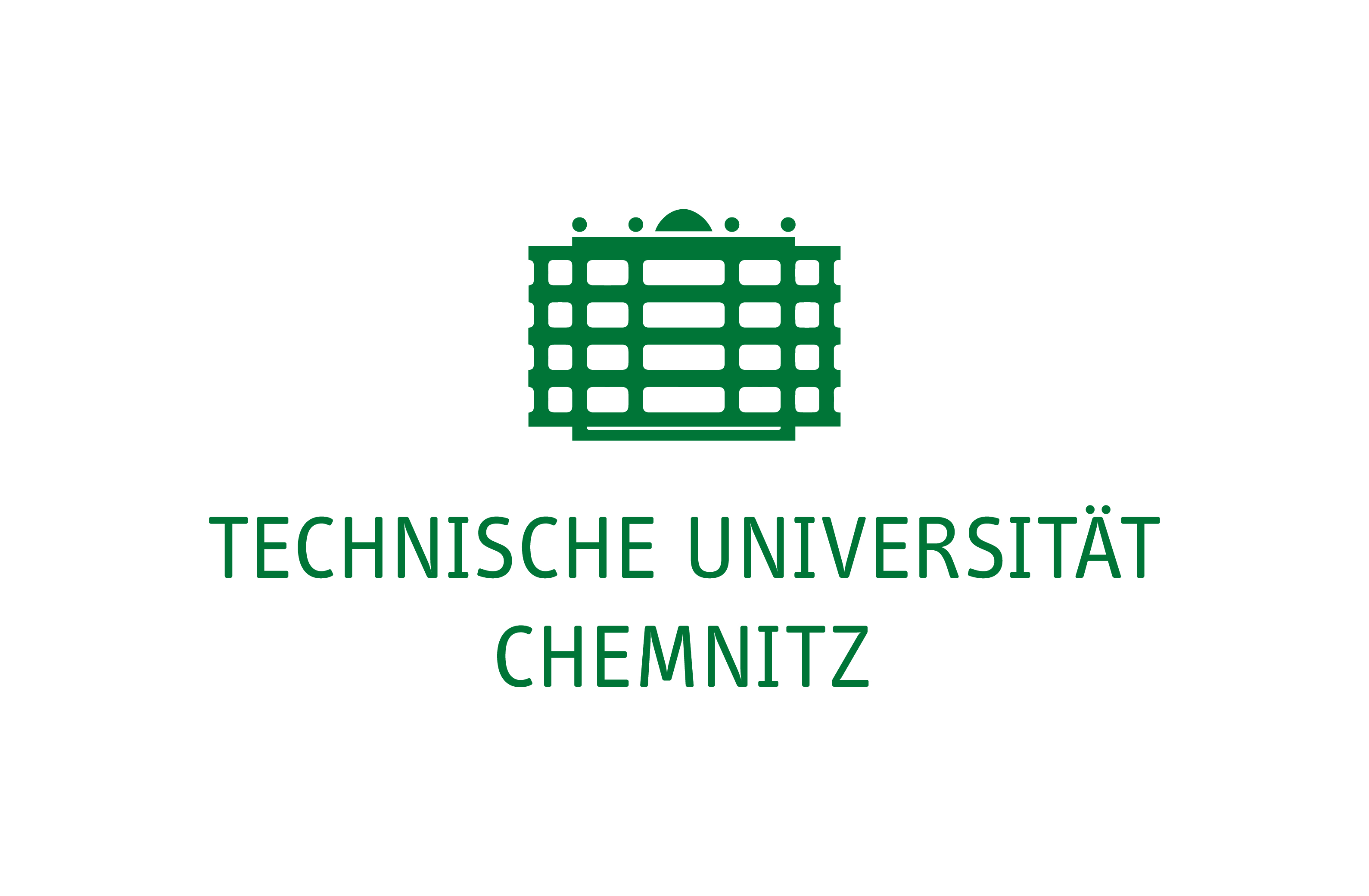Teaching
Summer term 2023
Lie algebras and representation theory
In this module, we will introduce the concept of Lie algebras. These are a special type of algebras (i.e. vector spaces with a compatible ring structure) whose products are anti-commutative and satisfy the Jacobi identity.
Lie algebras were first introduced by Marius Sophus Lie in the 1870s (and independently by Wilhelm Killing in 1880s) in the study of differential equations with symmetries. They arose from considering infinitessimally small actions of (smooth) symmetry groups on these systems. Analogously, imposing symmetry conditions on other problems naturally lead to applications of the theory of Lie algebras in these areas. Moreover, Lie algebras arise naturally in many contexts, such as differential geometry and quantum mechanics.
Another large part of their significance is the ‘‘classifiability’’ of the theory: finite-dimensional semisimple Lie algebras can be decomposed into simple (think ‘‘irreducible’’) parts, and these simple parts belong to a finite number of families. This in turn allows applications to be reduced to more tractable cases and solved there.
This course will consist of two parts:
In the first, which will most likely consist of two-thirds of the course, we will follow the textbook Introduction to Lie Algebras and Representation Theory by J.E. Humphreys. Specifically, we will work through Chapters I to V and parts of Chapter VI. Topics will include:
- Fundamentals and examples of Lie algebras and their representations.
- Semisimplicity of Lie algebras and reducibility of representations.
- Root space decompositions of semisimple Lie algebras and weight space decompositions of representations
(analogous to eigenspaces in Linear Algebra). - Abstract theory of root systems and weights, including the topic of Weyl groups (‘‘crystallographic’’ finite reflection groups).
- The Dynkin classification of abstract root systems and the corresponding classification of simple Lie algebras.
- Serre's theorem and presentation of generators of a Lie algebra.
- The universal enveloping algebra and existence of Lie algebras.
In the last third of the course, there is a flexibility in the choice of further topics to discuss, depending on the interests and knowledge of the students. Possible topics include:
- Connections with Lie groups and/or reductive linear algebraic groups. (Related to differential or algebraic geometry.)
- Connections to Hamiltonian mechanical systems, Noether's theorem and moment maps. (Related to symplectic geometry.)
- Connections with quantum mechanical systems, especially raising and lowering operators for energy eigenstates. (Through representation theory.)
- Extensions to ‘‘affine’’ Lie algebras through ‘‘affine’’ Dynkin diagrams, and possibly further to Kac-Moody algebras.
- Further study of reflection groups, finite and infinite, including the consideration of non-crystallographic diagrams, (again) ‘‘affine’’ Dynkin diagrams, and Coxeter diagrams.
Prerequisites for the module: The theory of Lie algebras is mostly self-contained, however a good understanding of linear algebra is required. Basic knowledge of algebra will be helpful for the course.
Any knowledge of differential systems or physics is not required, but might help motivate the theory.
Registration for the module is now open on the module OPAL page; the schedule, lecture notes and exercises will be updated there as well.
